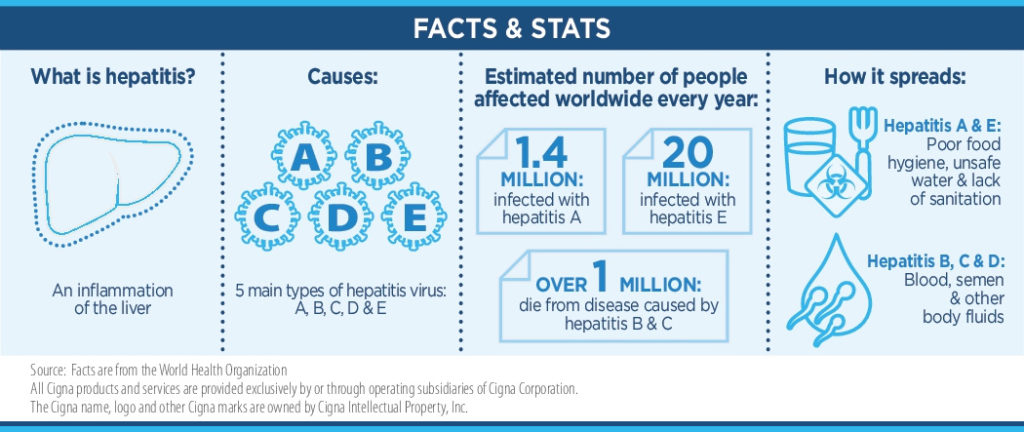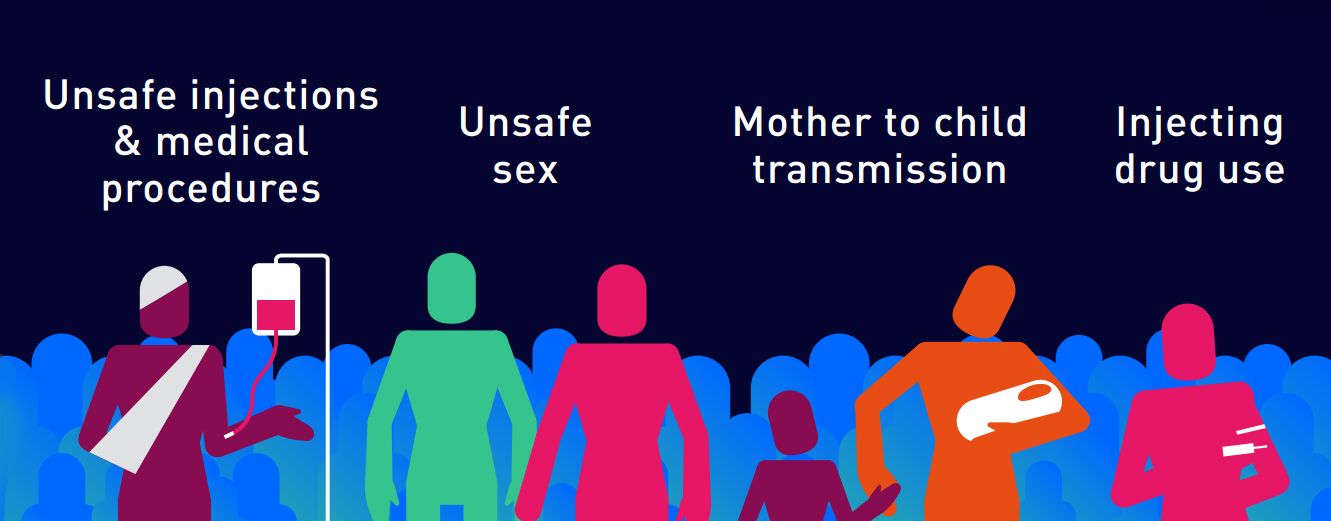 From what we know about Hepatitis C is that is quite a dangerous disease if left unchecked. The virus is known to cause inflammation and infection of the liver, and this infection can either be chronic or acute. Unlike its counterparts, the Hepatitis C does not have a vaccine to prevent one from getting it and being a blood-contagious disease it can quickly affect lots of people quite easily.
From what we know about Hepatitis C is that is quite a dangerous disease if left unchecked. The virus is known to cause inflammation and infection of the liver, and this infection can either be chronic or acute. Unlike its counterparts, the Hepatitis C does not have a vaccine to prevent one from getting it and being a blood-contagious disease it can quickly affect lots of people quite easily.
Some Of The Facts About The Virus
A lot of research is currently going on about the origin of the hepatitis C virus and how it is precisely spread and ways to curb it, here are some of the quick facts about the Hepatitis C virus that one might find useful to gain basic knowledge about its nature and the damage it can do.


